I was on the bus with a friend from Nigeria when I said I enjoyed reading books about the LGBTQ community from African authors, and she was shocked. She was shocked that books like that existed, because conversations surrounding topics about sexuality and gender identity are not encouraged, and are arguably non-existent in Nigeria. While there has been impressive advancement for the gay community in the Western world, oppression has continued to be a mainstay in this community in African countries. The BBC reports that of the sixty-nine countries that still criminalize homosexuality, half of these are African countries. Religion, colonialism, and traditional cultural practices have enabled the continual dismissal and oppression of gay people in multiple African countries. In Nigeria, if found guilty of ‘sodomy’, you will be sent to prison for fourteen years. Ghana sets a penalty of three years if found guilty. With a vivid imagination of how scary it is to belong to the community in countries like this, it is important to listen to the experiences of people in the community
In Nigeria, one of the experiences that describes the Queer community is ‘jungle justice.’ Since it is widely believed that homosexuality is bad, once found, most people do not get a chance in prison as they are publicly attacked and killed. It is common for someone to be found and burnt to death immediately. Chinelo Okparanta in her book, Under the Udala Tree, vividly describes this violence. Ijeoma, the protagonist in her book, is on a journey to accepting her sexuality but one of the pushbacks she faces is the barbarity queer people suffer when caught. One of her friends is caught and burnt to death while the rest of the girls hide, simply because she loves other women. The horrific part about this experience is that there is no punishment for the barbaric act, no one is charged to court or punished for this senseless and unsanctioned taking of life. Hutchu’s book, The Hairdresser of Harare, also explores this senseless violence as Dumi, who is gay and in a relationship with a man, is severely beaten such that he ends up in the ICU because of his sexuality. One of the themes most of the books exploring the Queer community in African countries is the senseless violence and the general acceptance of these actions without any repercussions.
Money makes the world go round—it’s the truth, and in African societies, one’s access to wealth or the lack of access determines who and what is criminalized. Eloghosa Osunde’s book, Vagabonds, explores this theme so beautifully. Set in Lagos, Nigeria, Osunde explores the lives of several gay people. From the stories she tells, gay people who do not have access to wealth have sad, violent endings. They must hide because without wealth, they bear the brunt of the law. The richer people are secured due to their wealth. Hutchu’s book, The Hairdresser of Harare, also explores this theme using the dynamic of Dumi and his lover. Money, influence, and position determines who is criminalized and whose actions are overlooked.
The voices that should be elevated are those which belong to the community, and it is why Akwaeke Emezi is one of my favourite authors when it comes to queer culture and queer stories. As a non-binary person themself, their books provide a very authentic point of view on the experiences of Queer people in Nigeria. Emezi takes a bold approach and moves the conversation forward from sexual orientation to gender identity in their book The Death of Vivek Oji. Most of the books I have encountered explore homosexual relationships and barely even explore trans identities or gender non-conforming identities. Vivek Oji, the protagonist, explores her gender identity and sexuality in this book and while the story is tragic, evident from the book title, it is still very endearing. Trans identities are further marginalized when they are not included in the conversation, and Emezi challenges this by writing such a beautiful story about it.
The idea of heterosexuality has been deeply entrenched into our society and we are socialized to see heterosexuality as the norm and anything else as deviant. These ideas permeate African societies such that it is common sense for the majority. Queer people are criminalized, harassed, and denied their humanity. Osunde mentions that a queer person is called a “vagabond” by law in some Nigerian states, which not only Others them but opens them to violence. When your existence is criminalized, you’re forced to wear a mask to conceal your identity, and this is the reality that queer people live within. They are denied the opportunity to express themselves however they want . Osunde explains that her characters are all wearing masks to hide their identity. For Ijeoma, her mask comes in the form of a marriage to show the world that she is straight. Dumi strikes a relationship with Vimbia, a woman, to convince his parents that he is a straight man in Hutchu’s book. A constant charade to convince others that they are something else because their identities are outlawed.
Conversations surrounding Queerness are usually had in a Western context and therefore I encourage people to seek out Queer Africans, scholars, and authors. Educating ourselves on their experiences will start a conversation which is the first step towards the liberation, acceptance, and integration of this group to society. When Chimamanda Adichie talks about the danger of a single story, she encourages us to not totalize based on the negative stories and experiences the community is faced with. All is not bleak as people and communities thrive regardless and their reality should never be summed up by their marginalization.





.png)





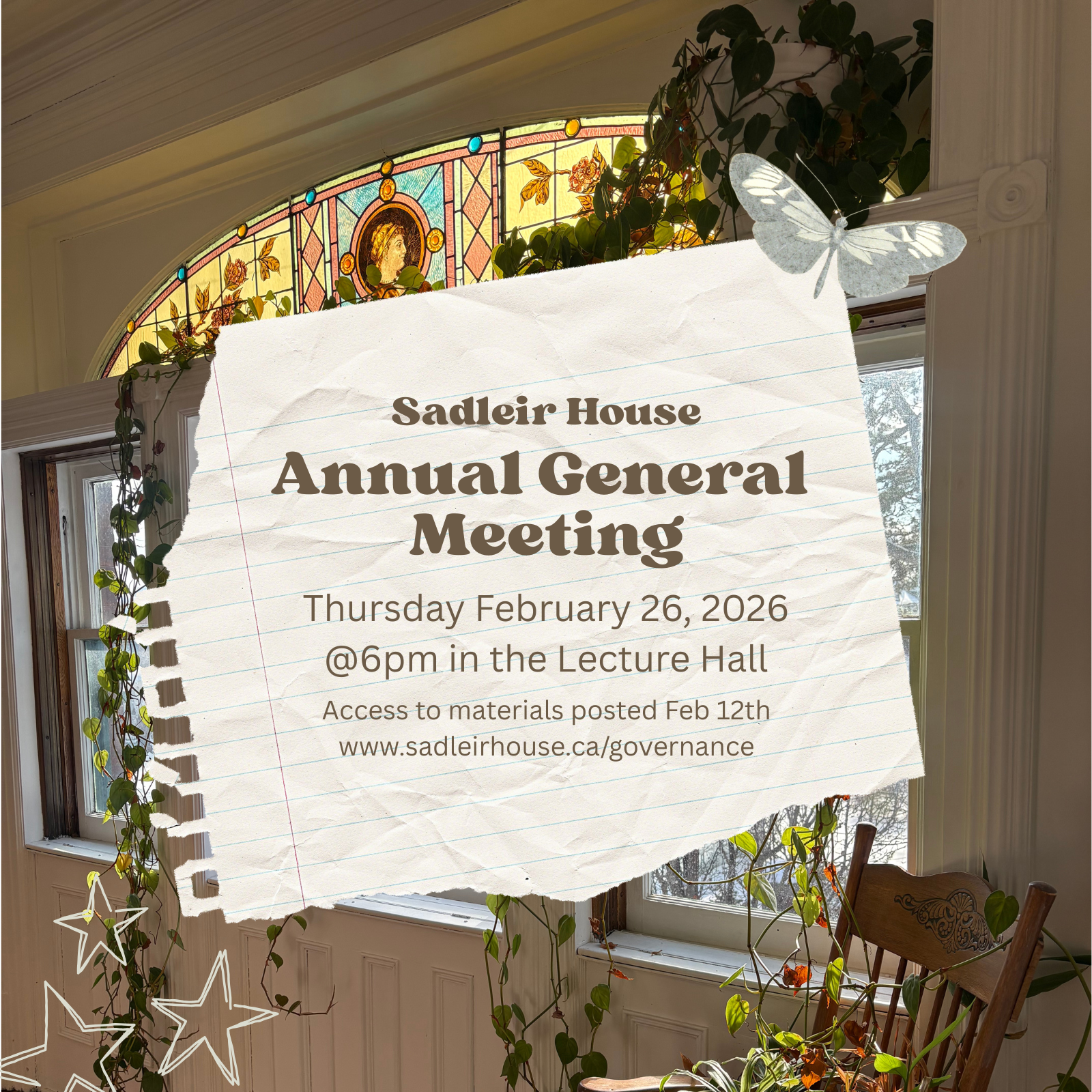

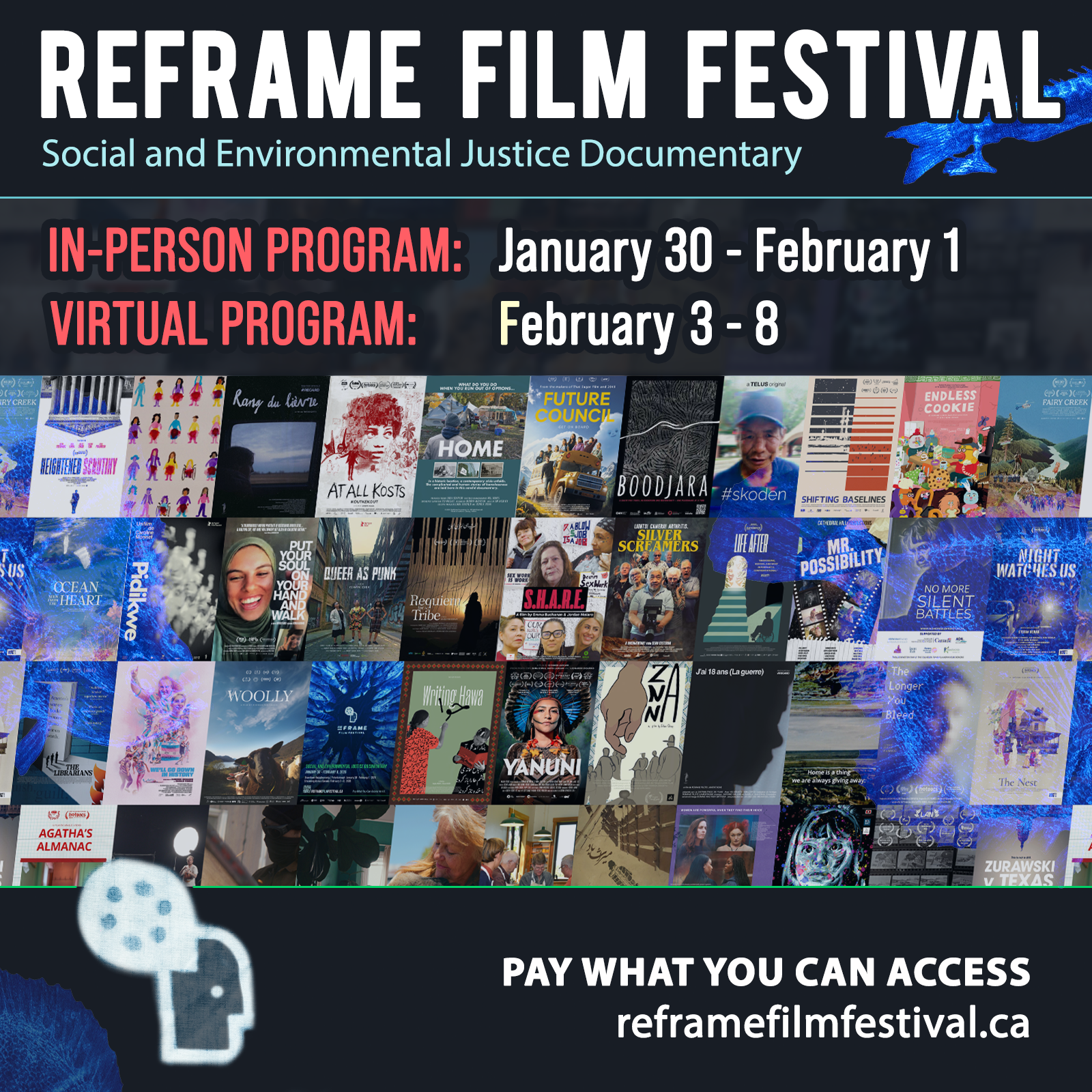


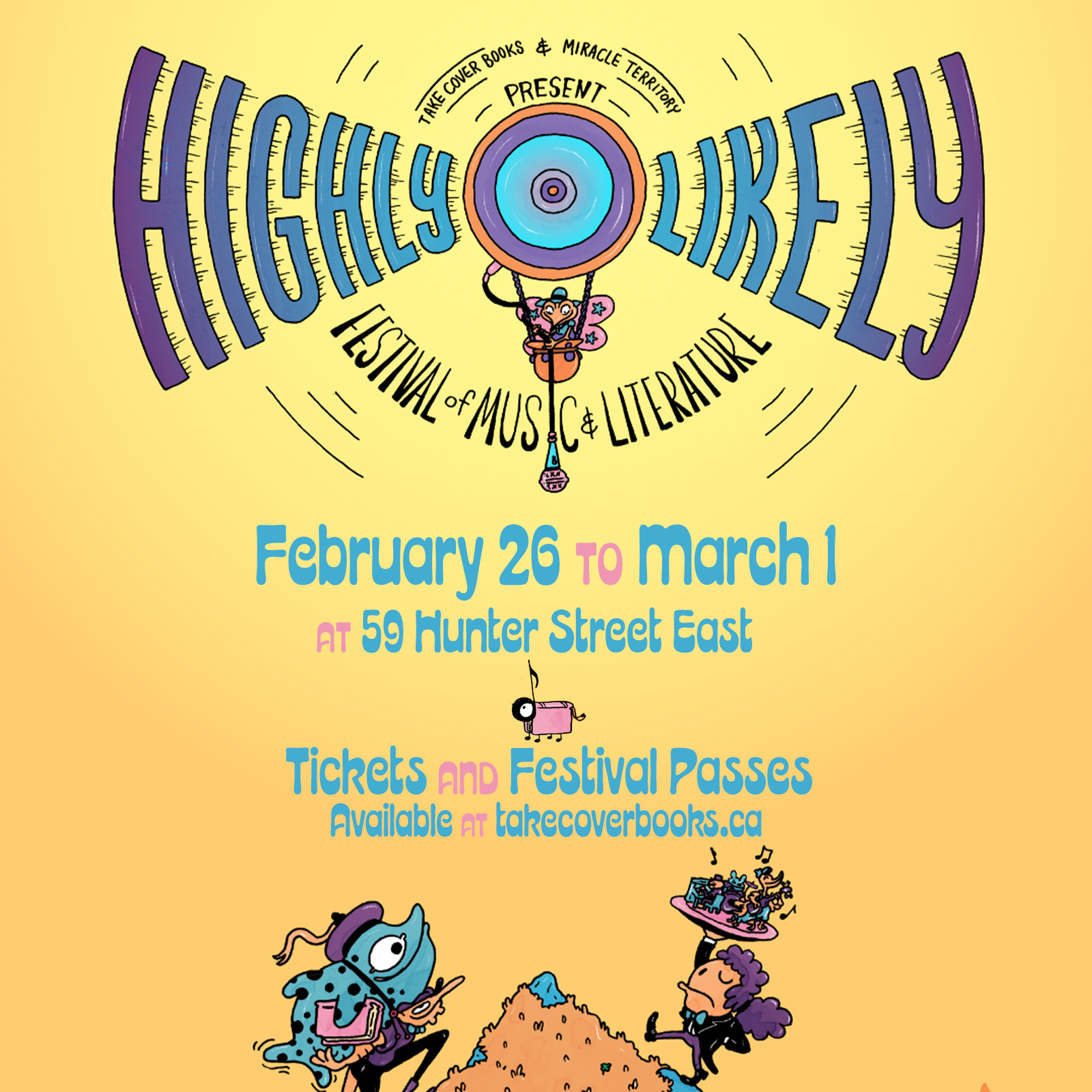


.jpg)
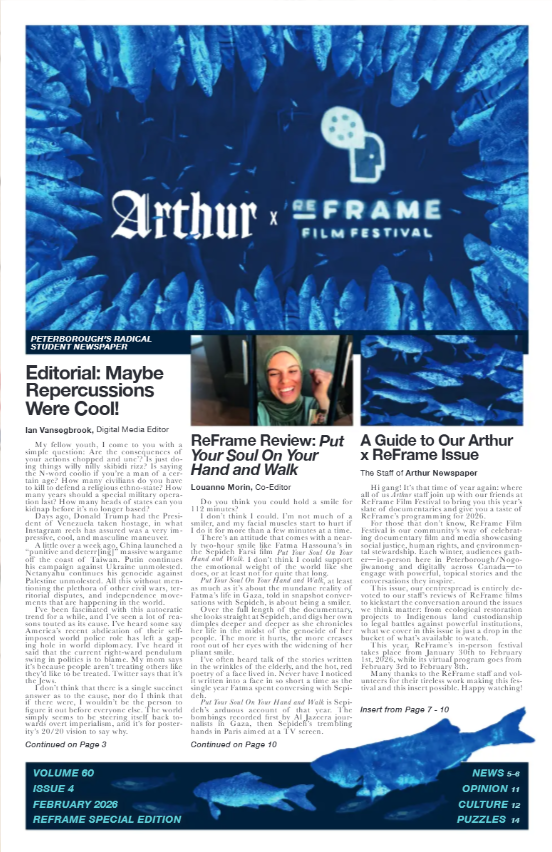
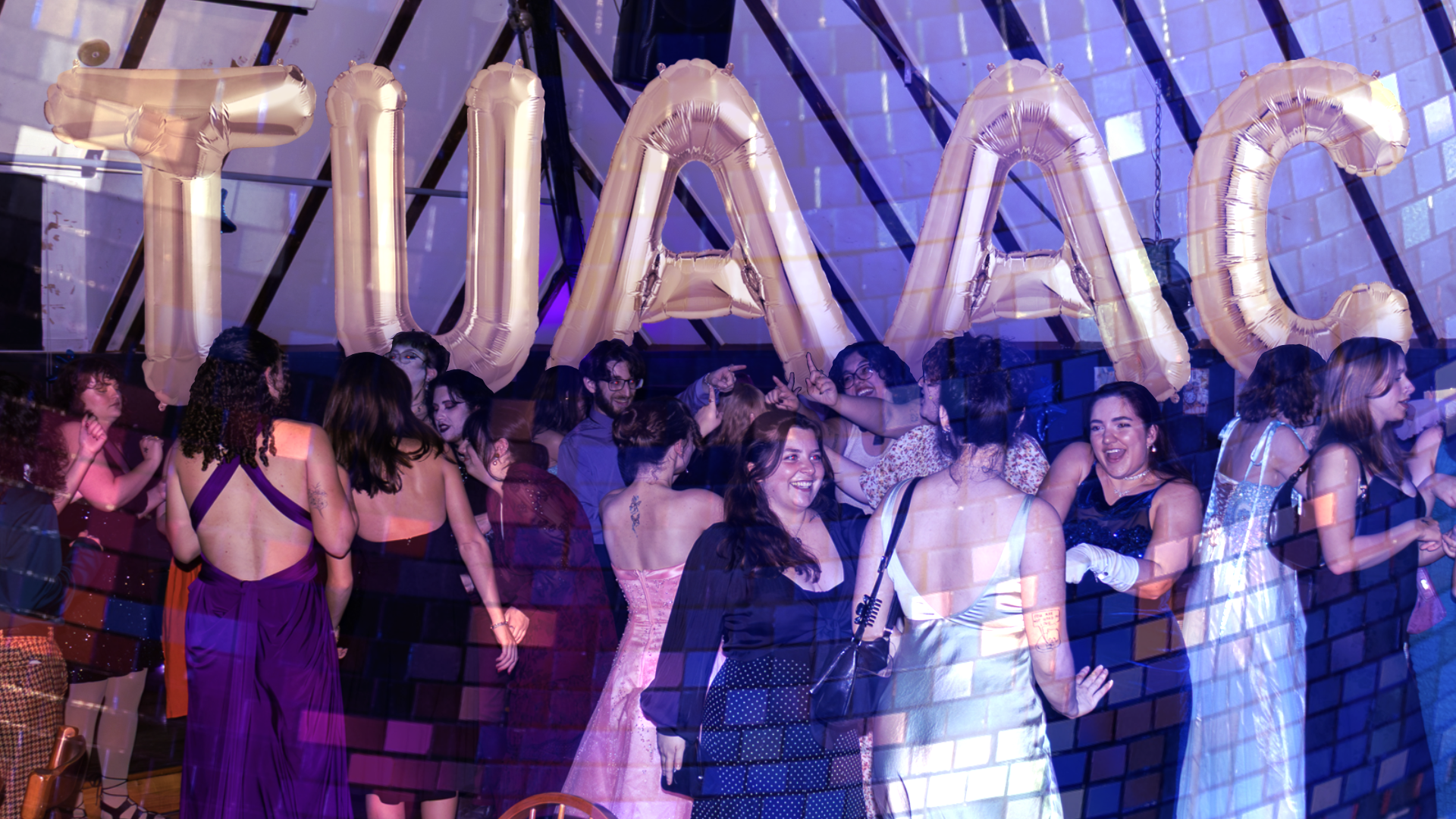

.jpg)
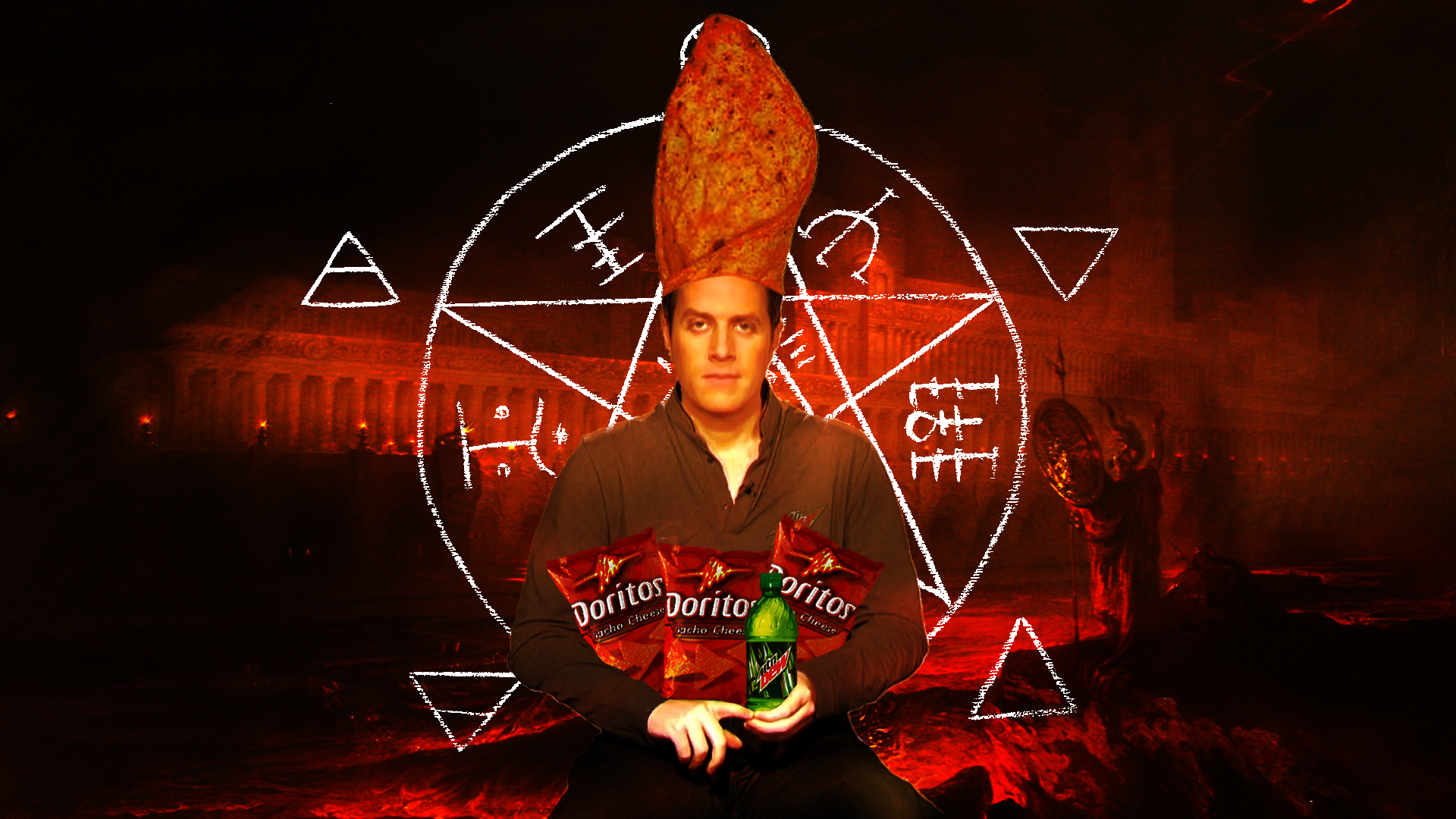
.jpg)
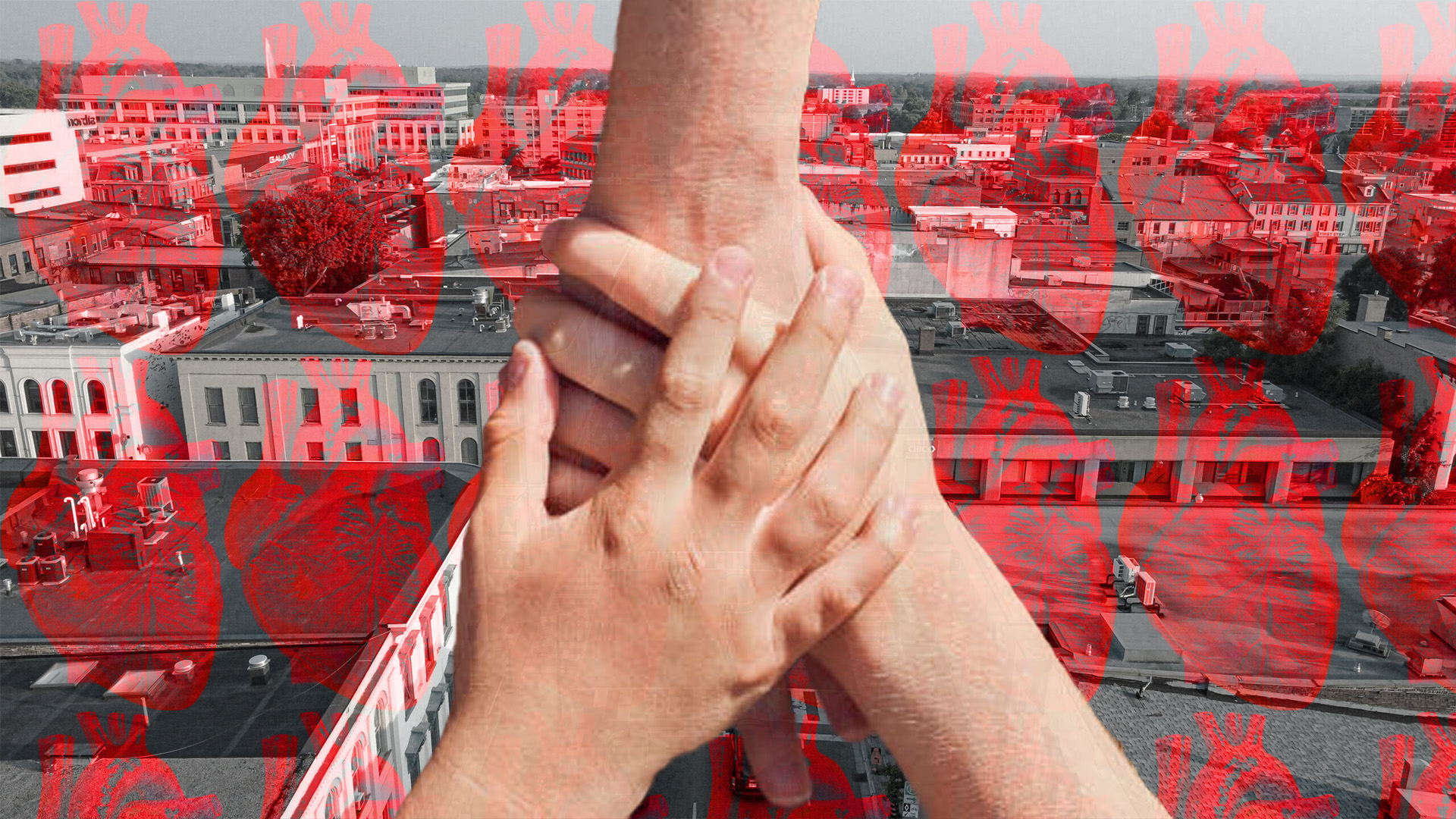
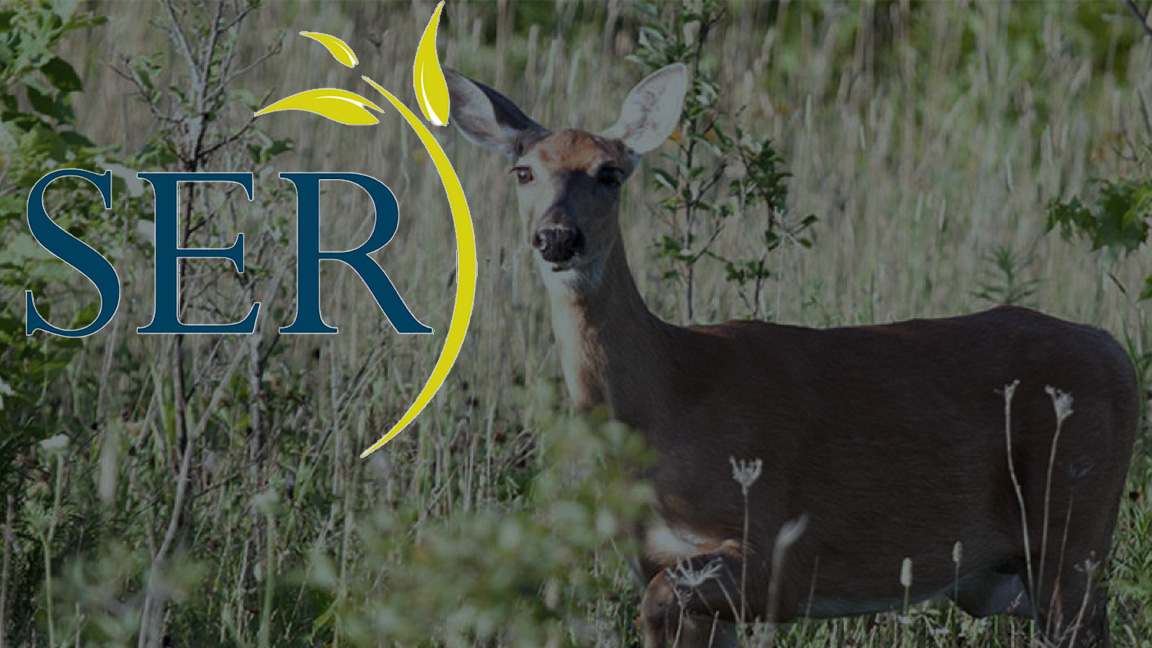
.jpg)
.jpg)

.png)